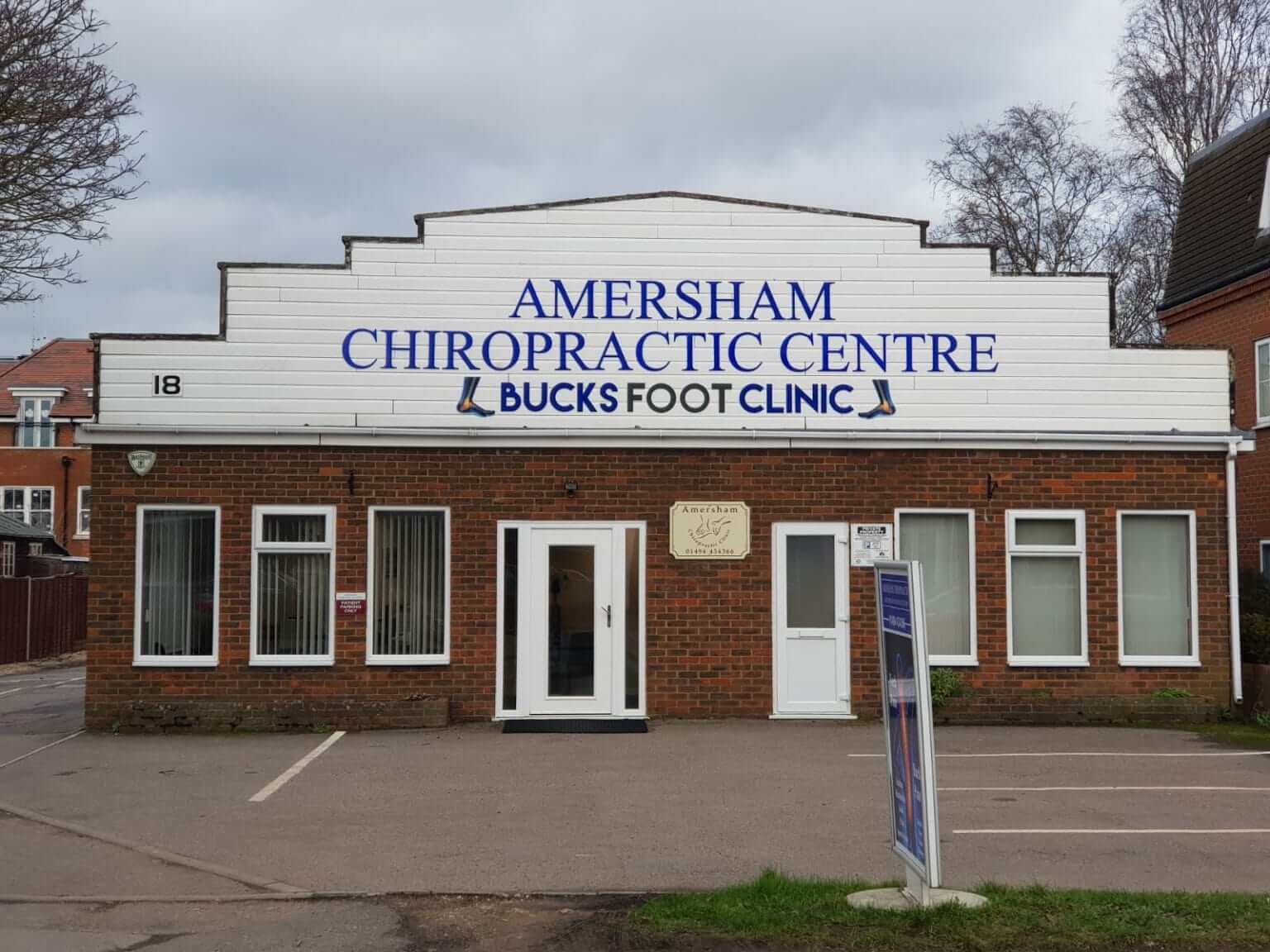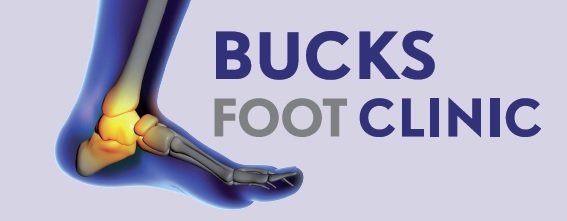
Podiatrists are healthcare professionals who specialize in diagnosis and treatment of conditions related to the lower limbs and feet. Podiatrists are trained and are doctors of podiatry, so they can prescribe drugs, order lab tests, and even perform surgery. They can perform surgery for common foot issues like ingrown nails, foot ulcers, corns, calluses, plantar fasciitis, and more.
For the most part, people know what podiatrists do and that they are trained to perform surgery, but there are many questions surrounding this topic. Lots of people ask questions about just what kind of surgeries podiatrists specifically perform, so we’re here with answers!
This article will highlight what kind of foot surgery podiatrists can perform, and give you a quick view into some of the most common foot surgeries in Amersham. Read on to learn more about ingrown toenail, hammertoe, and bunion and corn removal foot surgery in Beaconsfield.
What Kind of Foot Surgeries Do Podiatrists Perform?
Here at Bucks Foot Clinic, our podiatrists are trained to perform many foot surgeries. We have different branches, so you can get foot surgery in Chesham, foot surgery in Amersham and foot surgery in Beaconsfield.
Our podiatrists are trained to perform foot surgeries for a variety of issues, such as:
- Bunions and Corns
- Hammertoes and other toe problems
- Nerve Entrapments in feet and ankles
- Arthritis in feet and ankles
- Skin Disorders
- Tendon and Soft Tissue Disorders
- Sports Injuries
- Fractures in feet and ankles
- Foot Issues related to Diabetes
- Birth Deformities
- Heel Pain
- High-Arched and Flat Feet
A podiatrist will be able to perform foot surgery for all the above issues. A lot of foot issues don’t respond to normal management. In these cases, a podiatrist will be able to determine when foot surgery may be helpful. When pain or deformity persists, foot surgery may be the right approach to getting rid of discomfort and restoring proper foot function. Some conditions that may need foot surgery are:
- Bunions: These are very common foot deformities. Bunions are enlarged areas of bone and tissue around joints, usually in the big or little toes. They can make it uncomfortable to walk, and even make it difficult without foot surgery.
- Hammertoes: This foot deformity is a contracture of a toe and can cause pain and irritation while wearing footwear. It can also lead to frequent formation of calluses and corns.
- Neuromas: This is basically the enlargement of a nerve segment between your third and fourth toes. It leads to swelling, numbness, and discomfort while walking.
- Bone Spurs: This is a bone overgrowth and is normally caused by trauma, pressure, or reactive stress of ligaments and tendons. Bone Spurs can cause you serious pain and can also restrict joint movement.
Out of all these issues, the most common foot surgeries we perform in our Beaconsfield, Amersham, and Chesham clinics are foot surgeries for ingrown toenail, hammertoe, and bunion and corn removal. We’ll highlight each one below!
Ingrown Toenail
Our podiatrists are experts in scalpel blade techniques and anesthesia administration, which lets them, perform foot surgery for nails. Ingrown toenails are very common and they occur when a toenail grows into the flesh next to it. This can be immensely uncomfortable. Ingrown toenails can also be caused because of the curvature of your toes, ill-fitting shoes, toenail/toe injury, or improper nail cutting.
If your ingrown toenail doesn’t heal naturally, you’ll have to visit a podiatrist to get it treated. They’ll most likely perform ingrown toenail surgery to remove a part of the nail, or the whole nail depending on severity.
Hammertoe
Our podiatrists can perform foot surgery related to hammertoes. This is one of the treatments for imbalanced toe muscles. Hammertoes are usually caused because of ill-fitting shoes, pointed shoes, or narrow shoes. You can avoid having to get foot surgery for hammertoe by performing strengthening exercises and wearing properly fitted shoes. But, if your hammertoe persists, and you have symptoms like foot pain, redness, irritation, inflammation, burning, and corns or calluses, you may have to go in for foot surgery.
Bunion and Corn Removal
Another foot surgery our podiatrists perform often is bunion surgery and corn removal. Bunions are a condition in which you suffer from a bump at the base of your big toe (usually). Corns, on the other hand, are hardened areas of your foot that are thick-skinned. In most cases, when a person has bunions, they also have corns.
Both of these issues can be painful, if not treated in time. When ignored, foot surgery will be necessary.
Conclusion
If you had any questions relating to the type of foot surgery a podiatrist can perform, we hope you found your answers. If you have any questions, or think you may need to see a foot care specialist, don’t hesitate to reach out and book an appointment with Bucks Foot Clinic! Our experts will be more than happy to help you.
Please call us on 0800 107 3290 / 077 99 122 099 Or contact us now
